This post may contain affiliate links. Please read our disclosure policy.
Meal planning might seem complicated, but I promise, it’s not. Meal planning is not a test, and no one will give you an F if you don’t follow your meal plan perfectly. Your meal plan is all about helping YOU (and your family!) save money, save time, and just make life a little easier. Set aside a few minutes once a week, and you can get it done! In case you need a little kick of confidence to get going, here are 10 Simple Things to Remember When You Start Meal Planning.
 10 Simple Things to Remember
10 Simple Things to Remember
When You Start Meal Planning
1. You will get better at it. I promise.
The first week is always the hardest. But as with anything, practice will help you get better. I’d encourage you to start simple by planning a couple days a week, then try new recipes and add more planning once you’re comfortable. There are certain things you’ll start to just… know, after you’ve been meal planning for a few weeks.
- You’ll start to know what parts of meals are easy for you to prep ahead…
- …and exactly how much “Sunday Meal Prep” you can handle (1 hour = YES; 4 hours = NO.)
- You’ll quickly understand how detailed your own personal meal plan needs to be.
- You’ll form a rotation of go-to recipes you enjoy from pantry basics you always keep around.
- Portioning (and planning them) will become a no-brainer!
- Freezing homemade foods and planning meals from the freezer will become natural to you.
- You’ll know exactly how much of your rice or grain side dish to cook with your main dishes.
- You’ll be better at anticipating your meal needs 3-5 days ahead of time (turns out you don’t like eating salad 5 days in a row!).
You’ll be a pro before you know it! Don’t avoid it because you don’t really know what you’re doing (no one really does).
2. Your meal plan can be as vague or as detailed as you want.
Just because you saw someone’s super amazing bullet-journal-calorie-by-calorie meal plan does not mean your whiteboard with dinners written out is any less valid. It’s only meant for you! Doing what works best for YOU is one of the keys to successful meal planning! Do what you do best and don’t try to be someone else when it comes to meal planning. Here are a few different meal planning methods I’ve seen people use successfully:
Plan dinners only:
View this post on Instagram
Plan all dinners along with rotating breakfast & lunch ideas:
View this post on Instagram
Plan every meal for the entire week:
Plan a month’s worth of meals:
View this post on Instagram
3. You don’t have to show it to anyone.
Seriously. No one gets to see your meal plan if you don’t want to show them. You don’t have to be creative, or use fancy pens. You can keep it all on your phone. Plan pizza, and no one will ever know or be able to judge you and your happy little meal plan!
However, I will note one thing: Sharing goals and plans on social media can be a powerful motivator and always makes me more inclined to stick with them. But it’s up to YOU. Maybe you practice for a month, then share your meal plan with your Instagram community. Maybe you never share. It’s okay!
4. You’re going to save money.
You’re sitting there with a blank piece of paper in front of you, wondering where the heck to even start with your plan, and then reevaluating if you even need to meal plan at all. You’re always fed and you can usually find something to cook at home, right? So what’s the big deal?
Okay, maybe that’s true! But, maybe you still have food waste. Maybe you still eat out three or four times a week. Maybe you’re still searching for groceries last minute, going to the grocery store multiple times a week, and never shopping for sales. There are so many ways that meal planning & cooking at home translates into saving money, even if you still want to eat out once or twice a week.
RELATED: Speaking of saving money, here are 15 Totally Doable Ways to Save Money When You Meal Prep!
5. You’ll know when prep needs to be done ahead of time.
You’ll also learn what’s worth YOUR time to prep at home and what should be bought. The more you cook, you more you’ll learn what foods can and should be prepared ahead of time. But even more importantly, you’ll figure out what foods NEED to be prepared in some way ahead of time to help your meal planning go smoothly. These are the ideas I can think of off the top of my head:
- removing meat or items to be cooked from the freezer to thaw
- using a marinade or flavoring that needs time to sit before cooking
- removing individual portions from the freezer to be eaten, like breakfast sandwiches or frozen soup
- prep fresh veggies ahead when you know time will be short later
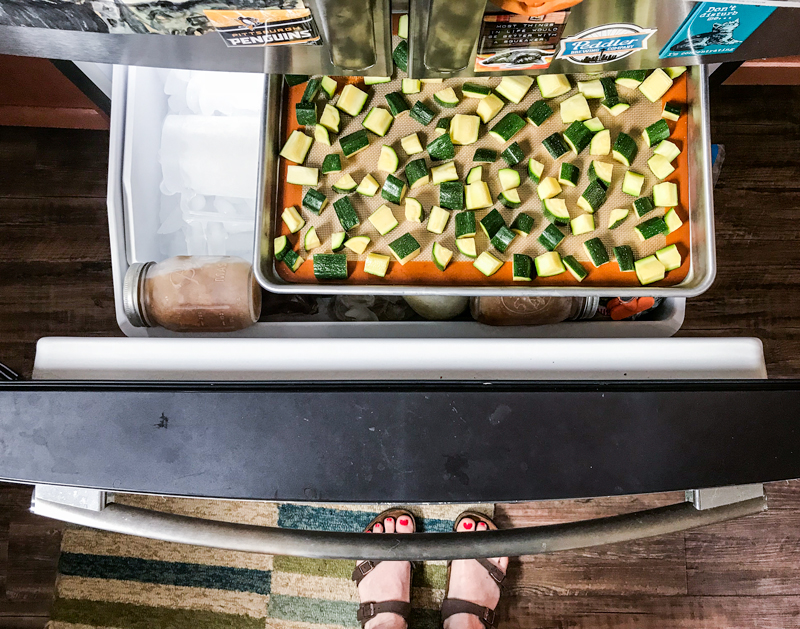
6. You can always plan to dine out.
When meal planning, it’s important to check your calendar and see what else you have going on during the week. By reviewing your calendar, you can figure out which nights need quick dinners, when you have time to slow cook, when people in your house don’t need meals, and when your leftovers will be eaten.
I just want to throw this out there: You can plan to dine out! Whether it’s a family get together or a date night, you can note that on your meal plan. Just because you’re meal planning, does not mean you have to cook every single thing on the plan. The goal is to help you plan ahead, not to force you to cook from scratch every night.
Takeaway: Don’t let occasional *planned* dining out throw you off your meal plan game. Dining out and meal planning can coexist!
7. You won’t have to make as many trips to the grocery store.
I love this one because I live in Seattle where all grocery stores are busy 99.9% of the time except during Seahawks games. On average, I make 1-2 trips to the grocery store every week, and this is mostly because I don’t like to buy fresh produce for Friday, on the Sunday before.
Prior to my weekly Sunday grocery haul, I review all recipes in my meal plan for the week. I double check the fridge and the pantry to see if I already have items I need for those recipes, and I add things to the list that I don’t have or am running low on. I return home with everything I needed for the week’s recipes, and nothing I didn’t need (most of the time).
Consider the alternative: Finding a recipe at 4pm that you want to make for dinner (because you’re an awesome cook) and having to stop at the store for the two ingredients you’re missing, along with every other person who also doesn’t have that one thing they need. Full parking lot. Every. Single. Time.
8. Nothing bad will happen if you don’t follow your meal plan.
You’re not a failure if you don’t follow your meal plan. You do not suck at meal planning. And you certainly shouldn’t give up forever just because life happened.
Here’s a little secret: I almost never follow my meal plan exactly! Does this shock you? It shouldn’t. I write a very detailed meal plan every Friday, but when it comes down to it, there’s no way to know what will happen 5 or 6 days later. The most common scenarios: Dinners get switched, or my husband gets a free lunch at work and I end up not cooking one of our planned meals because we have extra portions of a previous meal.
All I’m saying here is that things come up, and they always will. Treat your meal plan like weekly guidelines/suggestions instead of strict rules. It’s just as easy to follow, and not so emotionally damaging when you can’t.
9. No one is grading your meal plan.
Hey guess what? There’s no meal plan show and tell. Nobody is grading your meal plan. And there’s no way to fail. Make it the best you can, don’t worry about how it looks, and if something goes wrong…
10. You can always try again next week.
Next week’s meal plan doesn’t even know you if didn’t really follow this week’s meal plan. Keep trying, and don’t give up when one week goes wrong. That’s life!
Hope you found these 10 Simple Things to Remember When You Start Meal Planning reassuring and helpful. You can do it! And no, I’m not just saying that. Here are a few more meal planning resources and articles I’ve written to help when you start meal planning and meal prepping.
5 Steps to Help You Make a Weekly Meal Plan That Works
How to Meal Prep and Eat Different Meals Every Day
12 Tips to Help You Master Your Weekly Meal Prep Routine
15 Totally Doable Ways to Save Money When You Meal Prep
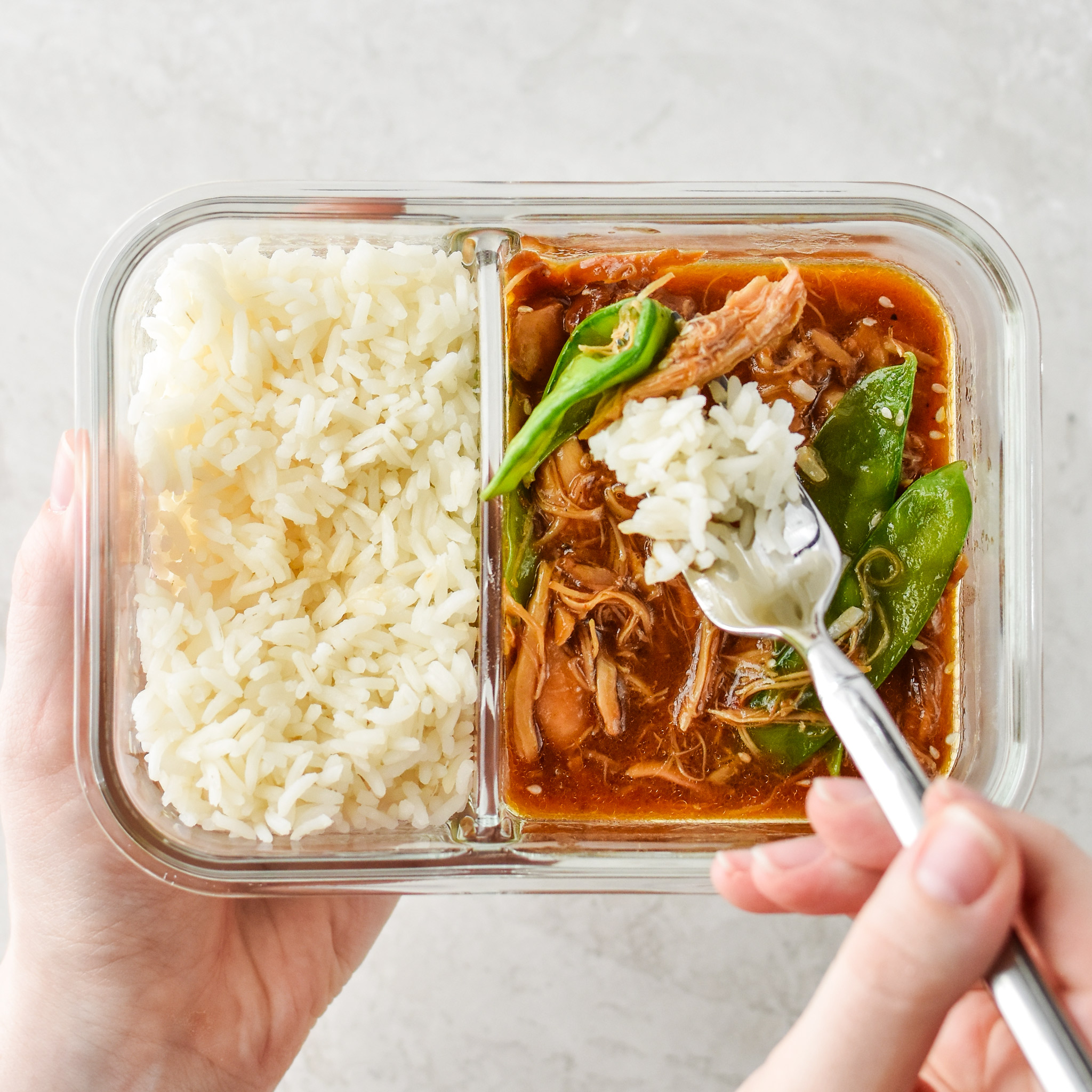
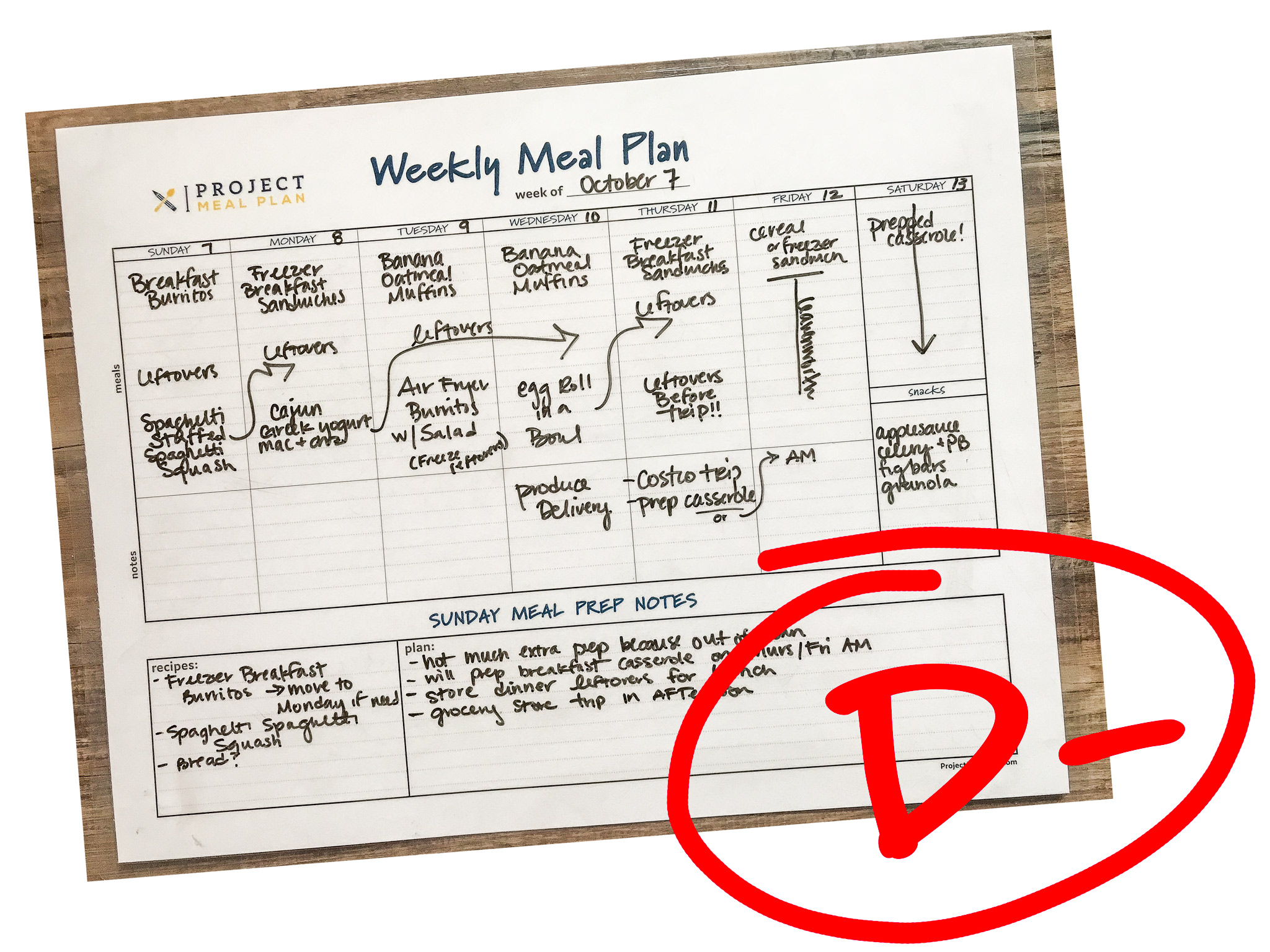

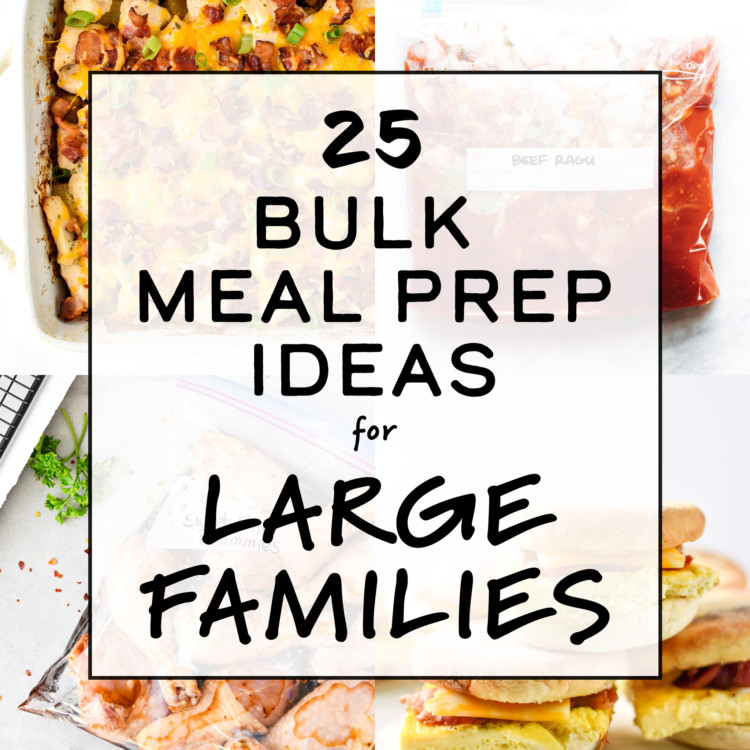
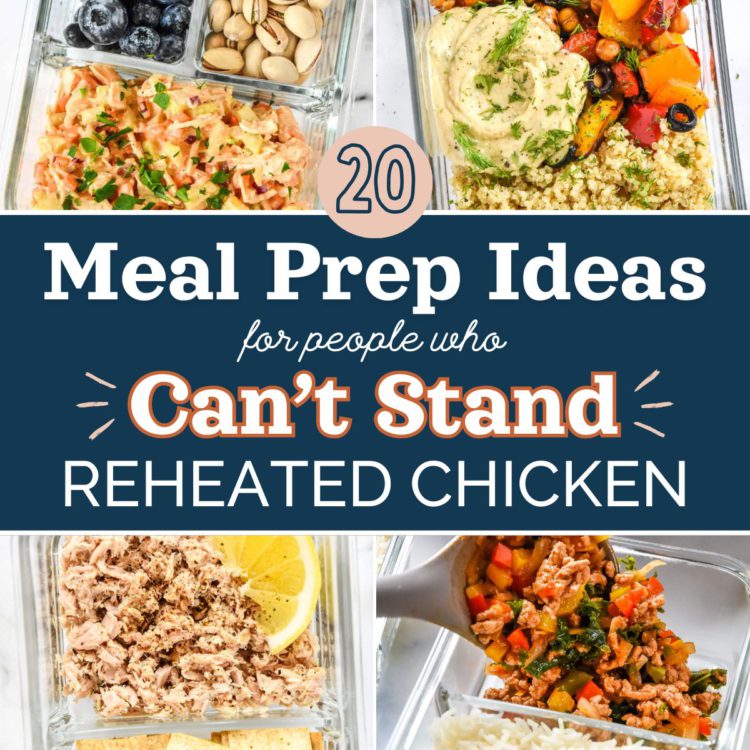
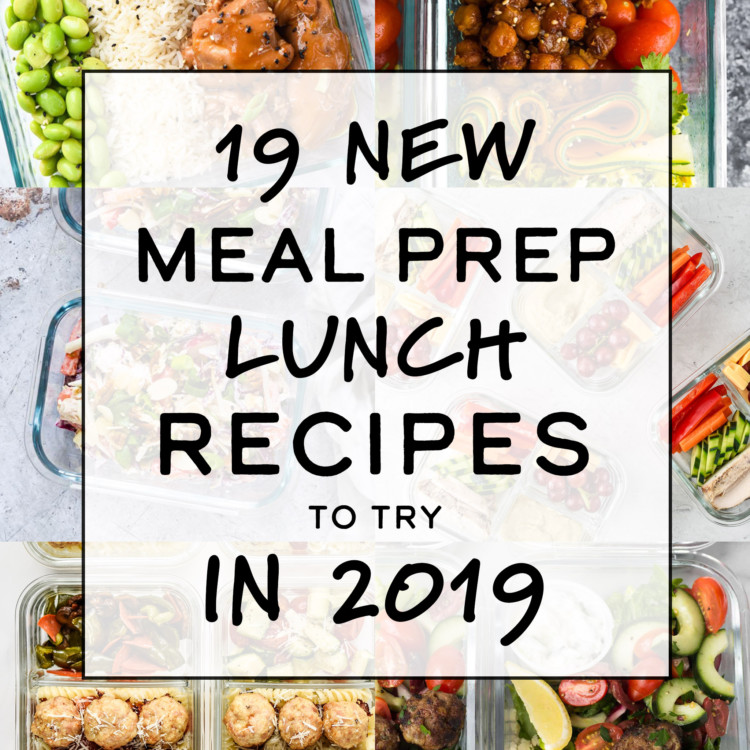
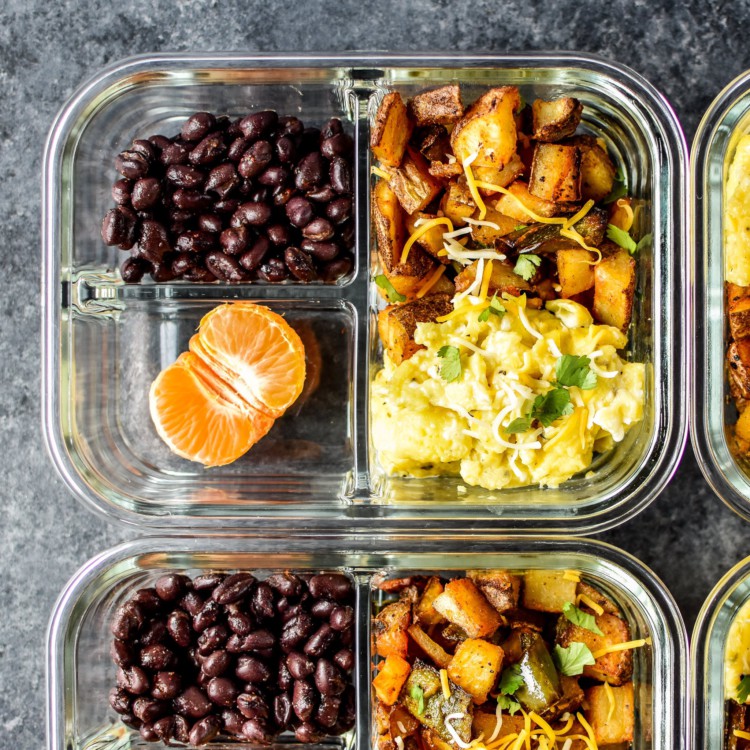
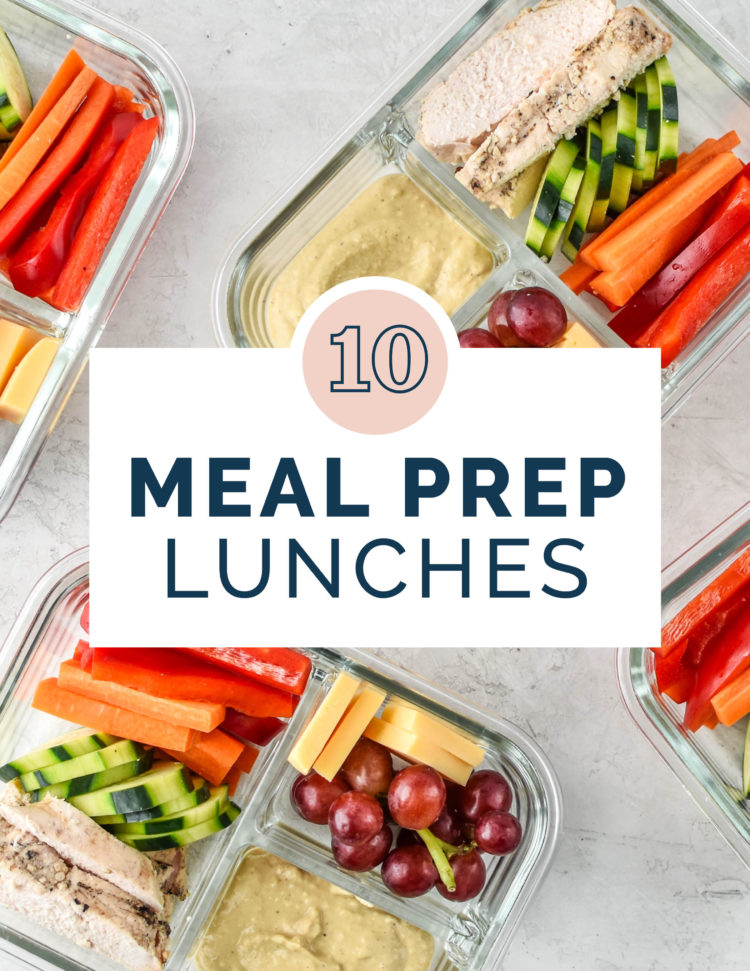
Janice Colquitt says
Allergic to seafood